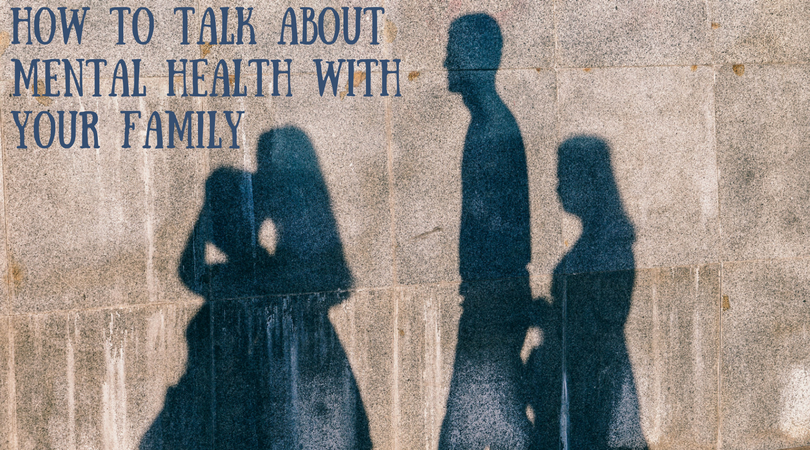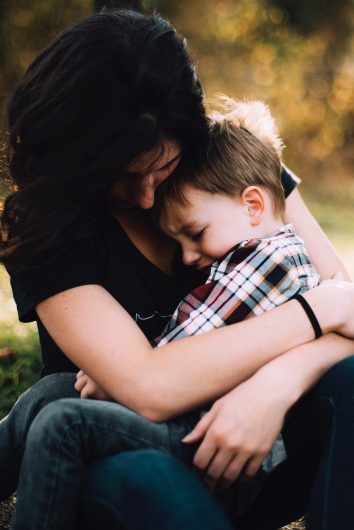When you grow up in a family that doesn’t have hard conversations, particularly conversations about mental health, there are a number of things that can happen.
What happens when we don’t have conversations about mental health
You see anger as something temporary, not the beginning of a conversation about why you did what you did and an opportunity to get behind, to understand, the behaviour. We just don’t talk about it.
You begin to understand that there are certain times – in the year or in the day – that you don’t talk to your loved ones. They aren’t talking to you either, and you don’t exactly understand why. We just don’t talk about it.
You stay in conflict with someone you care about it for weeks on end, not speaking with anyone because they have let you down. We just don’t talk about it.
At least, these were my experiences of not talking about it, not talking about these issues around mental health. It was also my experience that you can only avoid having hard conversations to a certain point – a point at which the hard conversation speaks to you.
Be courageous and talk about mental health with your family
Mental health conversations are about difficult things, not necessarily had in difficult ways. In fact, the only common quality of these conversations is that they are courageous. As the name would suggest, these hard conversations have not been easy. However, by intentionally facing these situations and conversations with openness and courage, we have built more honest, true and loving relationships. This is why it is crucial to have conversations about mental health with your family.
Tips for starting family conversations about mental health
Hard conversations are hard for a reason. They are the ones that matter the most. Mental health, that is one of the most important conversations that you can have with your children, and here are some ways you might do that:
- Model positive coping strategies. Move away from the situation, take the dog for a walk, take some alone time. Eventually, your loved one may talk about something negative.
- Be open and transparent about your struggles and how you deal with that stress. We all have mental health, so show your children how you take care of yours. Show them that it is okay to have a hard day and that does not mean you have a hard or negative life – this will build their resilience and grit.
- Be imperfectly perfect and have your children strive for the same. Perfectionism can be the source of many mental health issues: anxiety, eating disorders, self-harm. Being the best and doing their best – which is more important to lifelong well being.
- Pause with curiosity. Do what you need to do (think about #1!), to give yourself a minute and understand that your child’s behaviour has a root cause. Helping you pause may also mean reaching out to professional organizations that support families in their struggles with a loved one who experiences mental health issues.
- The only wrong thing to say is nothing.
Have you opened the door for mental health conversations with your family?
John Shep contributed this post as a guest writer. John is a school board consultant supporting initiatives in well-being and safe, caring and positive school climates. Over the past eight years, John has been whole-heartedly involved in educating high school students both inside and outside the classrooms. He helped the establish a 150 student-per-day Breakfast Program and school-wide Wellness Days supporting the mental and social-emotional health of more than 2000 students.


